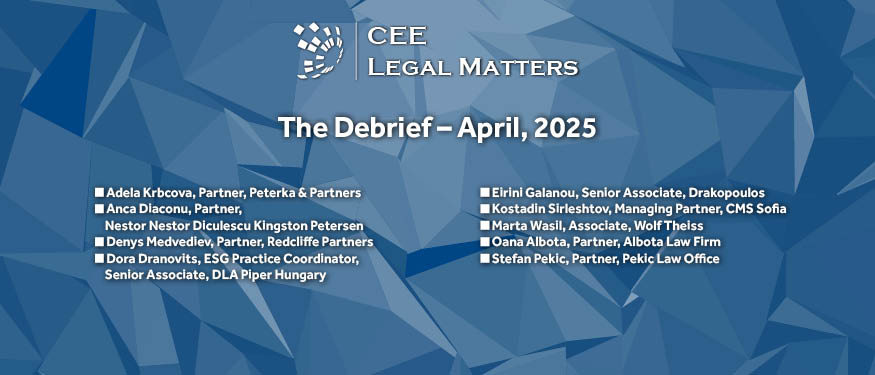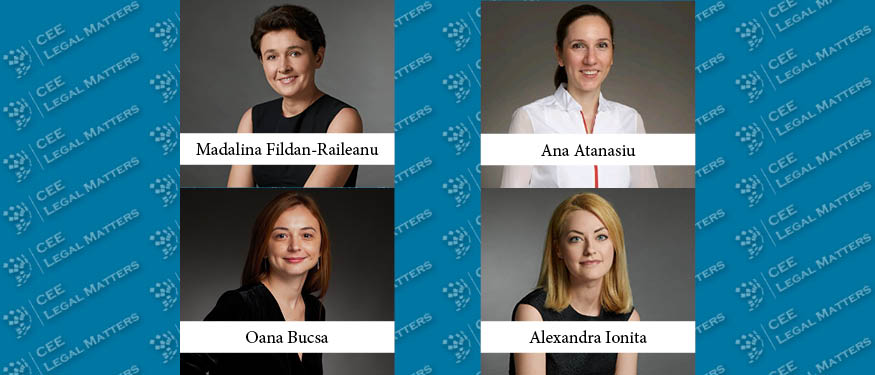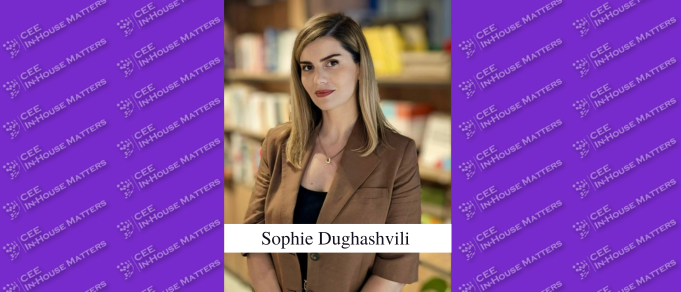On 21 January 2025, the Serbian Commission for Protection of Competition submitted draft proposals to the Government for four new regulations concerning the exemption of certain categories of agreements from the prohibition of restrictive agreements.
The Debrief: April, 2025
In The Debrief, our Practice Leaders across CEE share updates on recent and upcoming legislation, consider the impact of recent court decisions, showcase landmark projects, and keep our readers apprised of the latest developments impacting their respective practice areas.
Sayenko Kharenko Advises Tirmble on Obtaining Ukrainian Merger Clearance for Joint Venture with AGCO
Sayenko Kharenko has advised Trimble on obtaining merger clearance for its joint venture with AGCO.
Serbian Competition Authority Launches Sector Inquiry in the Pharmaceutical Industry
The Serbian Commission for Protection of Commission ("Commission") has announced that it will conduct a sector inquiry of the state and conditions of competition in the pharmaceutical industry. This move by the Commission was expected, given the announcements made by the Government of the Republic of Serbia last year.
Madalina Fildan-Raileanu, Ana Atanasiu, Oana Bucsa, and Alexandra Ionita Make Partner at PeliPartners
Madalina Fildan-Raileanu, Ana Atanasiu, Oana Bucsa, and Alexandra Ionita have joined the partnership ranks at PeliPartners.
Gessel and Kambourov & Partners Advise on MS Galleon's Acquisition of Corab
Gessel and Kambourov & Partners have advised MS Galleon on its acquisition of Corab. TGS Baltic reportedly advised MS Galleon as well.
Denys Medvediev Makes Partner at Redcliffe Partners
Former Counsel Denys Medvediev has been promoted to Partner at Redcliffe Partners. The same promotion round also saw Kateryna Zheltova promoted to Senior Associate.



























